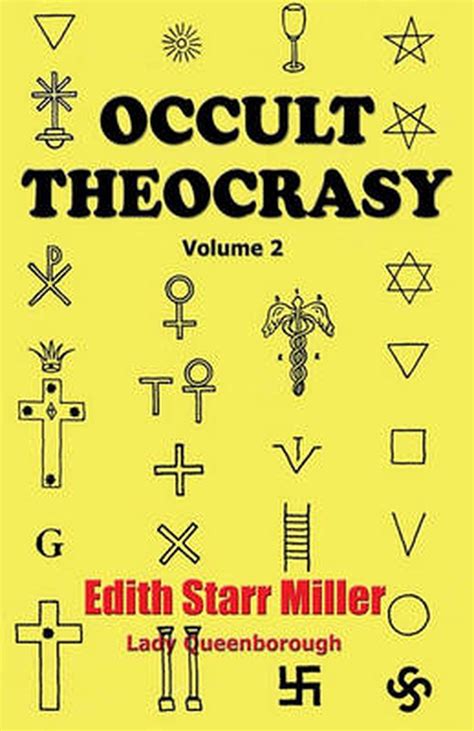A Quote by Sydney J. Harris
Christianity is not a "spiritual" religion, like some religions of the east. It is an intensely "practical" religion, having its moral roots in the practicality of judaism. It was not designed to change the way men think or believe as much as to change the way they act.
Related Quotes
The three religions because I wanted to discuss faith, not organized religion, so wanted to relativize organized religion by having Pi practice three. I would have like PI to be a Jew, too, to practice Judaism, but there are two religions that are explicitly incompatible: Christianity and Judaism. Where one begins, the other ends, according to Christians, and where one endures, the other strays, according to Jews.
RELIGION is one's opinion and belief in some ethical truth. To be a Christian is to have the religion of Christ, and so to be a believer of Mohammed is to be a Mohammedan but there are so many religions that every man seems to be a religion unto himself. No two persons think alike, even if they outwardly profess the same faith, so we have as many religions in Christianity as we have believers.
We [Americans] have secularized the public life of our country in such a way to say something is religious is something negative. Religion has now turned into a way to discredit people. It is futile and dishonest to argue about religion. Religion is a phenomenological umbrella; there are all kinds of religions. It makes a difference when your religion is telling you something true or something false.
An important advance in the life of a people is the transformation of the religion of fear into the moral religion. But one must avoid the prejudice that regards the religions of primitive peoples as pure fear religions and those of the civilized races as pure moral religions. All are mixed forms, though the moral element predominates in the higher levels of social life. Common to all these types is the anthropomorphic character of the idea of God.
All religions are not the same. All religions do not point to God. All religions do not say that all religions are the same. At the heart of every religion is an uncompromising commitment to a particular way of defining who God is or is not and accordingly, of defining life's purpose.
Anyone who claims that all religions are the same betrays not only an ignorance of all religions but also a caricatured view of even the best-known ones. Every religion at its core is exclusive.
The way of presentation is different according to each religion. In theistic religions like Buddhism, Buddhist values are incorporated. In nontheistic religions, like some types of ancient Indian thought, the law of karma applies. If you do something good, you get a good result. Now, what we need is a way to educate nonbelievers. These nonbelievers may be critical of all religions, but they should be decent at heart.
Christianity is not a religion. Christianity is the proclamation of the end of religion, not of a new religion, or even of the best of all religions. If the cross is the sign of anything, it's the sign that God has gone out of the religion business and solved all of the world's problems without requiring a single human being to do a single religious thing. What the cross is actually a sign of is the fact that religion can't do a thing about the world's problems - that it never did work and it never will





























